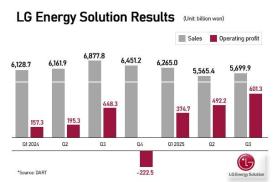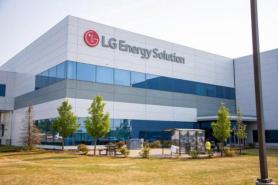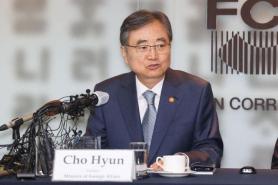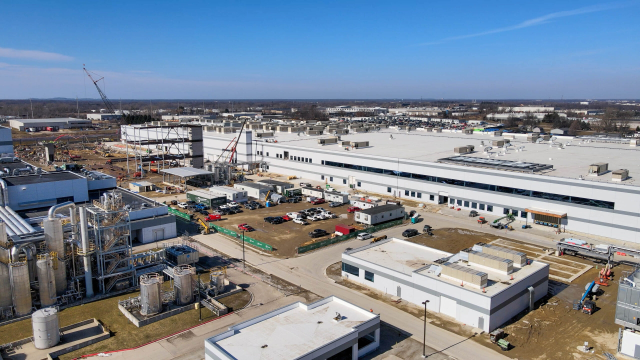
The recovery follows a bilateral agreement between Seoul and Washington that clarified visa rules for technical staff, removing the uncertainty that disrupted factory operations.
LG Energy Solution said its employees resumed business trips to the U.S. on Monday, focusing on essential personnel dispatched to both construction sites for equipment setup and operating facilities.
"The safety of our employees and partners is our top priority," said an official from LG Energy Solution, adding that the company is committed to ensuring all business travelers feel safe and supported as they return to work.
According to a fact sheet published by the U.S. Embassy in Seoul, travelers admitted under ESTA may engage in the "same activities as contemplated for a B-1 visa holder," and those entering to "install, service, or repair commercial or industrial equipment or machinery purchased from a company outside the United States" are eligible to do so under the B-1 category.
It further specifies that such workers must have "unique knowledge essential to the seller's contractual obligation," while "building or construction work" remains excluded except for supervisory or training roles.
The clarification effectively resolves the ambiguity that led to the detentions of Hyundai Motor Group and LG Energy Solution engineers working at a Georgia joint-venture plant.
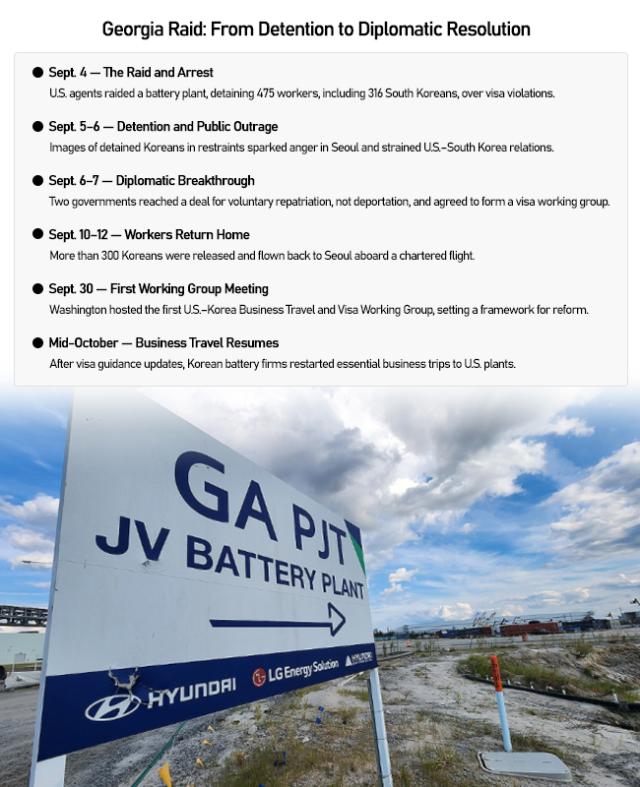
The diplomatic process unfolded quickly: the first U.S.-South Korea Business Travel and Visa Working Group meeting convened in Washington on Sept. 30, less than a month after the incident.
Further signaling normalization, Georgia Governor Brian Kemp is scheduled to visit Seoul from Oct. 23 to 25 to meet executives from LG Energy Solution, SK On, Hyundai Motor Group and CJ Foodville, all of which have major investments in Georgia.
The meetings are expected to reaffirm the state's partnership with South Korean investors and demonstrate that the incident has not derailed ongoing collaboration.
Beyond the travel resumption, South Korean battery makers are also accelerating a shift from electric-vehicle production lines to energy storage systems (ESS) to meet growing demand from AI-driven data centers.
Following the phaseout of U.S. electric-vehicle subsidies last month, EV demand has slowed, but the need for large-scale energy storage has surged. Observers said converting EV lines to ESS facilities typically takes six months to a year, and the three major Korean battery firms are racing to secure an early lead in the market.
LG Energy Solution recently reported its preliminary earnings for the third quarter of 2025, posting 5.7 trillion won (about $4.2 billion) in revenue and 601.3 billion won (about $445 million) in operating profit – signaling recovery momentum supported by higher ESS output in North America.
Since many South Korean battery companies building factories in the U.S. rely on the expertise of Korean engineers dispatched under ESTA and B-1 business visas, the recent clarification of U.S. visa rules has provided crucial relief for ongoing operations.
Copyright ⓒ Aju Press All rights reserved.


